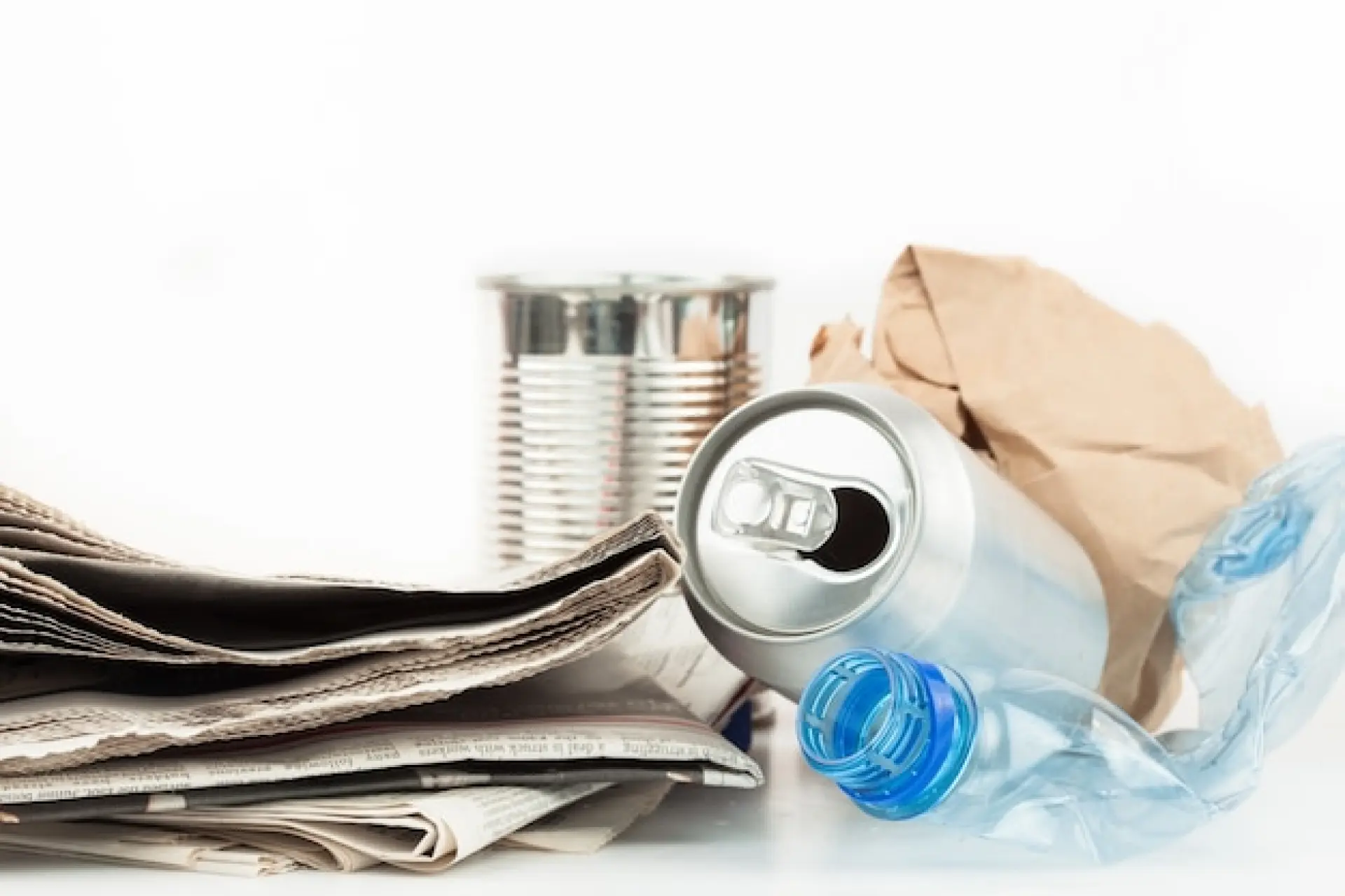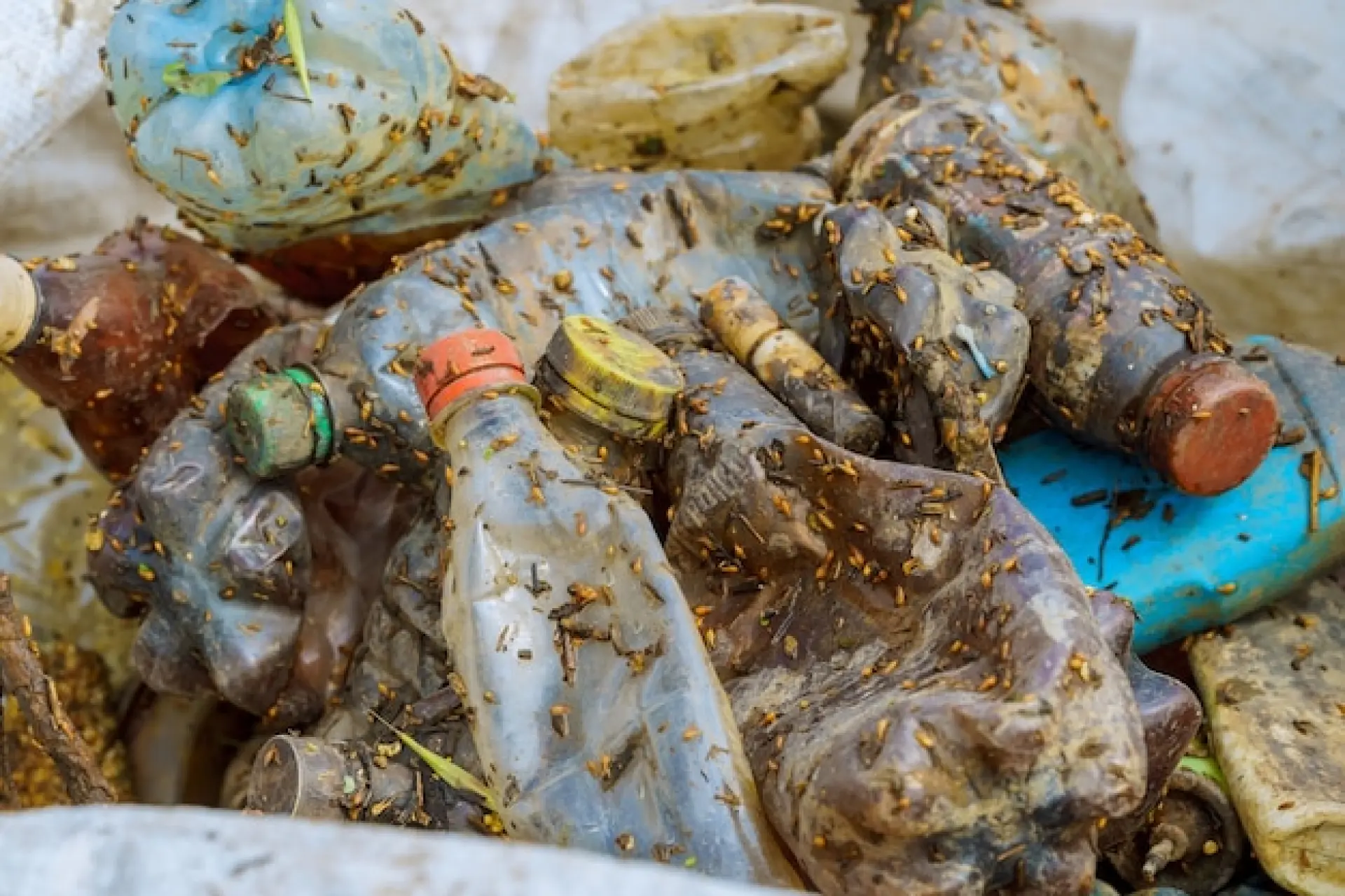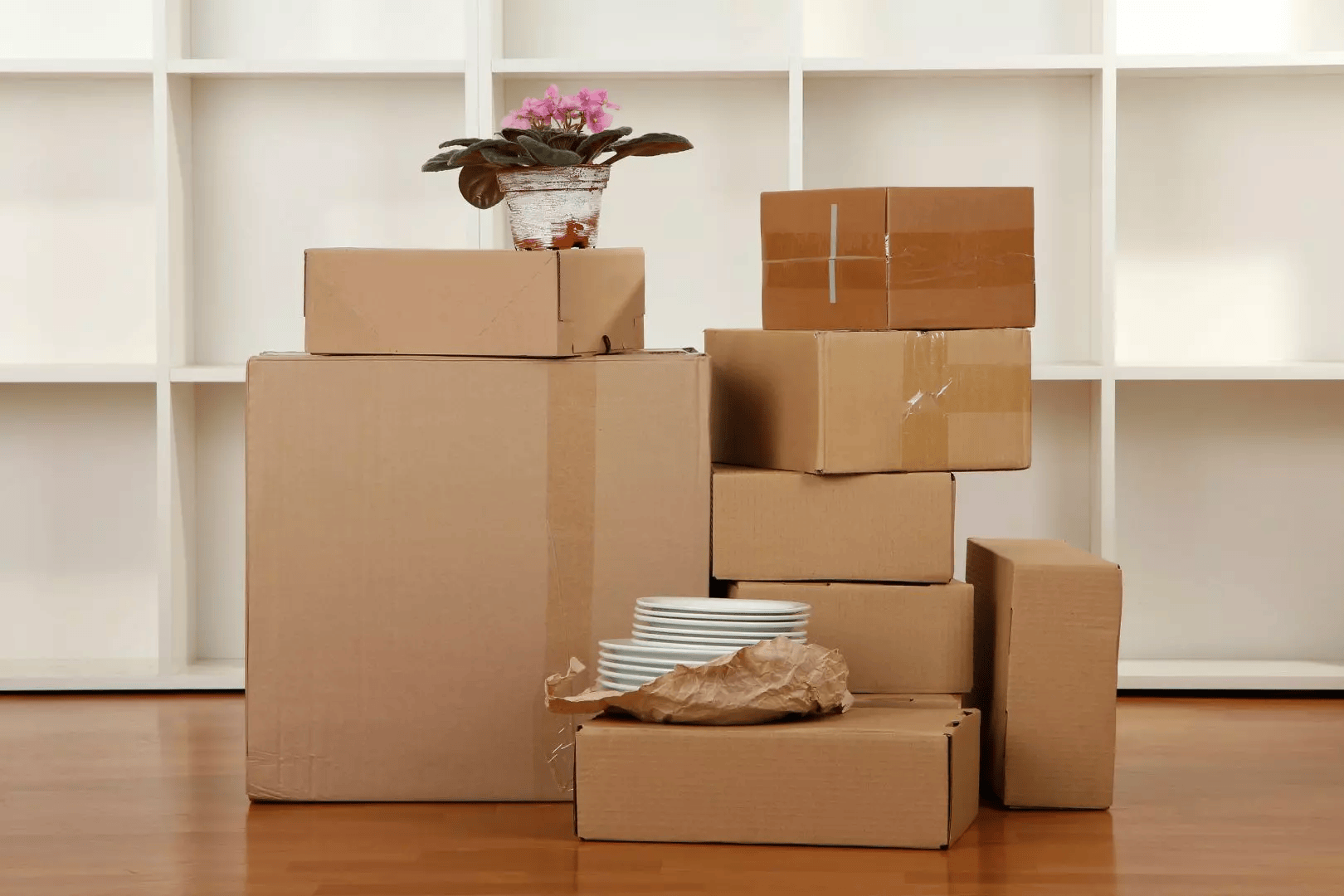General Waste: Everyday Business Rubbish
General waste includes non-recyclable materials generated in offices, shops, and other commercial spaces. This waste typically consists of packaging, non-recyclable plastics, food wrappers, and disposable items like paper towels. Businesses must manage general waste efficiently to maintain cleanliness and comply with environmental regulations.
The most common disposal method is collection by commercial waste management services, which transport rubbish to landfill sites or energy recovery facilities. Landfills store waste in designated areas, while energy recovery plants convert waste into usable energy. Businesses can reduce general waste by minimising single-use items, promoting reusable alternatives, and ensuring proper waste separation. Implementing sustainable practices can help lower disposal costs and reduce environmental impact.
Recyclable Waste: Paper, Plastic, and Metal Disposal
Recyclable waste includes materials such as paper, cardboard, plastics, glass, and metals. These items, when properly sorted, can be processed into new products, reducing landfill waste and conserving natural resources. Offices, retail stores, and factories generate large amounts of recyclable materials daily.
Businesses should implement a clear recycling system with separate bins for different materials. Local authorities and private waste management companies collect and process recyclables at specialised facilities. Items like aluminium cans and glass bottles can be endlessly recycled, while paper and plastics may have processing limits. Encouraging staff to follow recycling guidelines and reducing unnecessary packaging can improve waste management and support environmental sustainability.

Many businesses overlook the importance of properly cleaning recyclable materials before disposal. Contaminated recyclables, such as food-stained cardboard or plastic containers with leftover liquids, can lead to entire batches being sent to landfill instead of being processed. To maximise recycling efficiency, businesses should educate employees on best practices, including rinsing containers and flattening cardboard to save space.
Additionally, some recyclable materials require specialised handling, such as polystyrene, which is often not accepted in standard recycling bins. Partnering with waste management services that provide tailored recycling solutions can help businesses ensure compliance with local recycling policies while reducing their environmental footprint.
Food Waste: Proper Disposal and Composting Options
Many businesses overlook the importance of properly cleaning recyclable materials before disposal. Contaminated recyclables, such as food-stained cardboard or plastic containers with leftover liquids, can lead to entire batches being sent to landfill instead of being processed. To maximise recycling efficiency, businesses should educate employees on best practices, including rinsing containers and flattening cardboard to save space.
Some recyclable materials require specialised handling, such as polystyrene, which is often not accepted in standard recycling bins. Partnering with waste management services that provide tailored recycling solutions can help businesses ensure compliance with local recycling policies while reducing their environmental footprint. Investing in recycling stations and clearly labelled bins can further encourage correct waste separation, making the process easier for staff and reducing contamination rates.
Hazardous Waste: Handling Chemicals and Dangerous Materials
Hazardous waste includes chemicals, batteries, fluorescent bulbs, medical waste, and other materials that can be harmful to humans and the environment. Industries such as manufacturing, healthcare, and construction often produce hazardous waste that requires strict handling and disposal procedures. Businesses must follow legal regulations when managing hazardous materials.
Specialised waste disposal companies collect and treat hazardous waste using methods such as incineration, chemical treatment, and secure landfill storage. Improper disposal can lead to pollution and health risks. Employers should ensure staff receive proper training on handling dangerous substances and provide appropriate storage solutions, such as spill-proof containers and designated disposal bins.

Handling hazardous waste requires businesses to maintain detailed records of waste production, storage, and disposal. Many hazardous materials have strict legal requirements, including permits and tracking documentation, to ensure proper disposal and prevent illegal dumping. Incorrect storage, such as placing incompatible chemicals together, can result in dangerous reactions, fires, or toxic fumes. Businesses should invest in secure containment solutions, such as lockable chemical storage units and clearly labelled hazardous waste bins.
Certain materials, like asbestos and medical waste, require specialist removal by trained professionals. Regular audits and risk assessments can help businesses identify potential hazards and improve waste management processes.
Confidential Waste: Secure Disposal of Sensitive Documents
Confidential waste includes sensitive documents, electronic data, and records containing personal or business information. If improperly disposed of, these materials can lead to identity theft, fraud, and data breaches. Legal regulations require businesses to handle confidential waste securely. The most effective disposal method is shredding, which ensures documents cannot be reconstructed.
Businesses may use in-house shredders or hire professional shredding services that offer secure collection and certified destruction. For electronic data, businesses should use secure data wiping or physical destruction of storage devices. Implementing clear policies for document retention and disposal can help prevent security risks and maintain compliance with data protection regulations.
At Welcroft Lee Logistics, we're here to provide a number of car and vehicle electrical services. If you're experiencing issues with your car engine, battery, alternator, or more, give us a call today.






